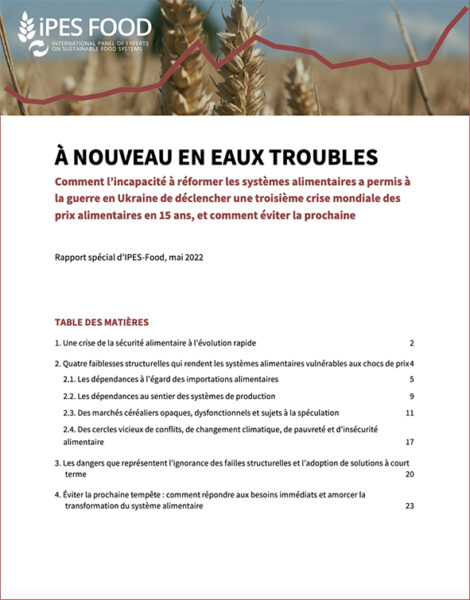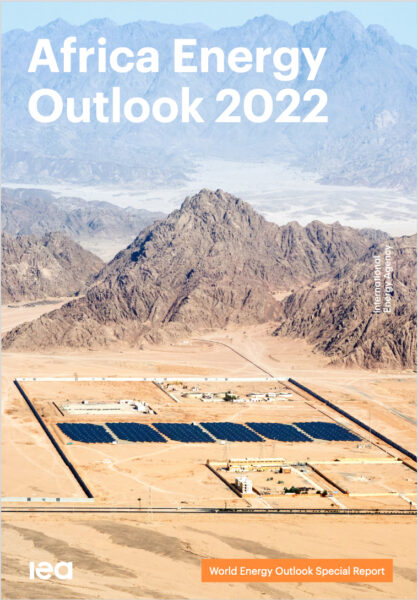On 11 March 2011 Japan suffered an earthquake of very high magnitude, followed by a tsunami that left thousands dead in the Sendai region, the main consequence of which was a major nuclear disaster at the Fukushima power station. Given its seriousness (the highest level on the international scale of nuclear events), the accident revived the fiercest debates between supporters and opponents of nuclear power, debates echoed by Futuribles in the “Forum” feature of this special issue. Without taking sides in the debate, Michel Drancourt has his say on the question, attempting to gauge the consequences of the disaster for both Japan and the world.
He starts out from an article published in Futuribles more than 20 years ago (no. 136, October 1989), which laid out the conclusions of a report by the Tokai Bank on the potential economic consequences of an earthquake in Tokyo. As he stresses, the situation has changed and Japan no longer occupies the central place in financial and commercial dealings that it did in the 1980s; nevertheless, the country remains an importer and major supplier of many products, and a weakened Japan will have consequences industrially, politically and economically for the rest of the world. As for the comparison of the 1989 scenario with the 2011 reality, one of the lessons to be learned is that the scenario would not have been far wrong if the earthquake had not been accompanied by the tsunami and the subsequent nuclear accident. Hence two longer-term conclusions: in foresight exercises, we should not work on the basis of a single, isolated risk; and, most importantly, sources of energy production should be diversified as greatly as possible.



